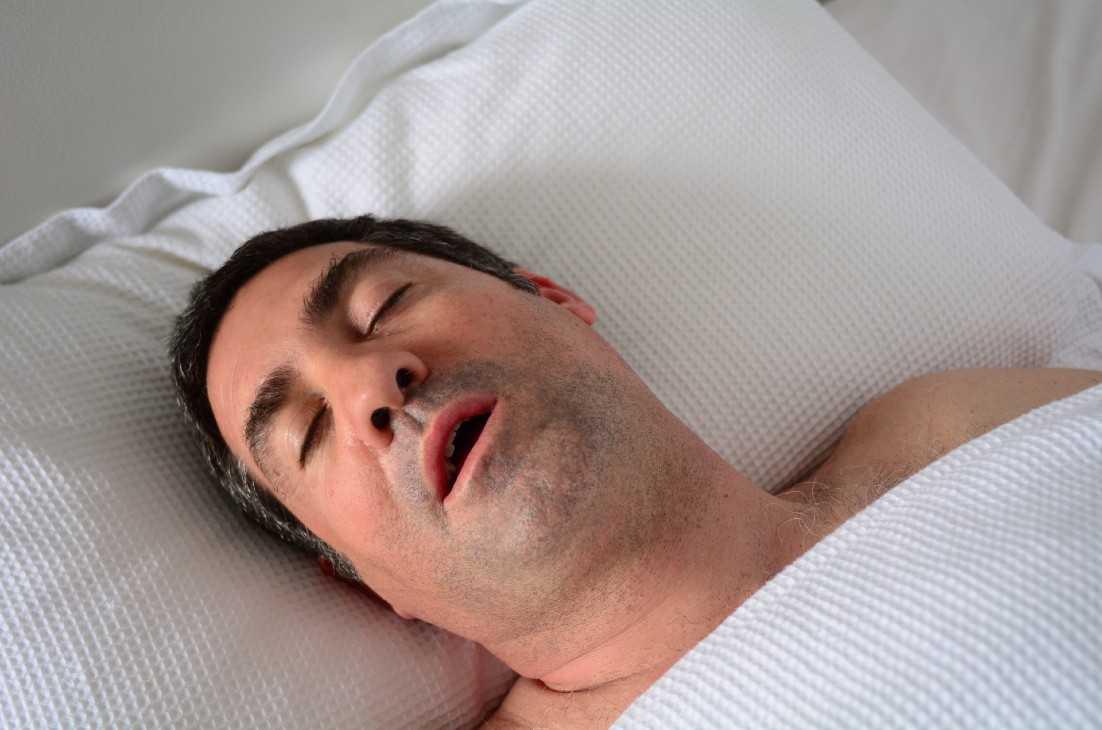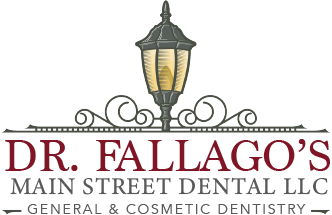Clinton Sleep Apnea Treatment
 Sleep apnea makes it impossible to get the restful, restorative sleep your body and mind need. Sleep apnea treatment for Clinton patients can alleviate these episodes. Dr. Fallago is a Clinton sleep apnea specialist and AADSM qualified dentist that uses innovative treatment, such as specialized dental appliances, to help patients restore the quality sleep you need to function at your highest level.
Sleep apnea makes it impossible to get the restful, restorative sleep your body and mind need. Sleep apnea treatment for Clinton patients can alleviate these episodes. Dr. Fallago is a Clinton sleep apnea specialist and AADSM qualified dentist that uses innovative treatment, such as specialized dental appliances, to help patients restore the quality sleep you need to function at your highest level.
Frequently Asked Questions on Sleep Apnea
Obstructive Sleep Apnea
Sleep apnea is a sleep disorder in which you stop breathing several times throughout the night. Each episode may last from just a few seconds to as many as 30 or longer and is often accompanied by choking or gasping sounds when breathing resumes.
Sleep apnea occurs because the airway is not open all of the way. Oftentimes the airway blockage is caused when the muscles of the throat relax, causing a partial or complete obstruction. This is called obstructive sleep apnea (OSA). OSA is sometimes treatable through noninvasive dental treatments available at our office. Central sleep apnea, which is related to interrupted signals between the brain and the muscles of breathing, is not treatable through dentistry and will require the assistance of a physician or somnologist.
Do I Have Sleep Apnea?
One of the most difficult things about diagnosing sleep apnea is that the person who has it can’t be awake to witness it. Instead, we rely on various clues to determine whether someone is at risk. If sleep apnea is likely, we can refer a patient for a sleep test, which will confirm whether sleep apnea is present.
Sleep apnea is more common in men, especially if they are over 40 and tend to be overweight. However, it’s possible for women and younger people to develop sleep apnea as well, especially if they have a family history or difficulty breathing through their nose due to allergies, sinus issues, or a deviated septum.
Dentists can sometimes spot signs of sleep apnea in undiagnosed patients. Many patients with sleep apnea also experience nighttime teeth grinding (bruxism), a side effect of the body trying to reopen the airway. This leads to multiple dental symptoms, including:
- Aching jaw muscles and joints
- Painful chewing
- Cracked or broken teeth
- Worn teeth
- Chronic headaches
- Neck and shoulder pain
Benefits of Treating Sleep Apnea
If you’ve lived with sleep apnea for some time, you’ve likely experienced its effects without actually realizing them. A good night’s rest is essential for short- and long-term health, which is why treating sleep apnea offers such great benefits for our patients.
Better Health – Sleep is essential for allowing your body to rest and replenish itself at night. Sleep apnea disrupts sleep, making it hard to rest. Effective treatment ensures you are able to reach deep sleep, improving your health across the board.
Better Focus – Complete rest leads to better alertness, concentration, and focus throughout the day. People find they’re more efficient and less distracted when completing tasks after they’ve had a good night’s rest.
Emotional Stability – Sleep is also important for your emotional and psychological well-being. People who feel rested generally have a better mood and more prolonged positivity. Treating sleep apnea may even play a role in reducing the risk of depression.
Dental Treatment Options For Sleep Apnea
The most common treatment for sleep apnea is a Continuous Positive Airway Pressure (CPAP) machine. These machines deliver gently pressurized air to keep the airway open at night and reduce waking. However, in cases where a CPAP may not be a good fit for the patient, a personalized dental appliance provides a beneficial alternative.
There are two main types of oral appliances for sleep apnea:
Mandibular Advancement Device (MAD) – This device looks similar to a mouth guard. Placed over the upper and lower jaw, it uses metal hinges to ease the lower jaw forward and hold it in place, which keeps it from sliding back and blocking the airway.
Tongue Retaining Device – Rather than moving the jaw, this device includes a splint that holds the tongue in place via suction. This keeps the tongue from sliding back and allowing the soft tissue to block the airway, thus protecting your breathing and peaceful sleep.
The dentist can discuss the benefits of each device and will work with you to find the best solution for your unique situation.
Contact Our Clinton Sleep Apnea Professionals
If you are searching for an experienced Clinton sleep apnea dentist, please contact us to schedule an appointment with our skilled dental team.



